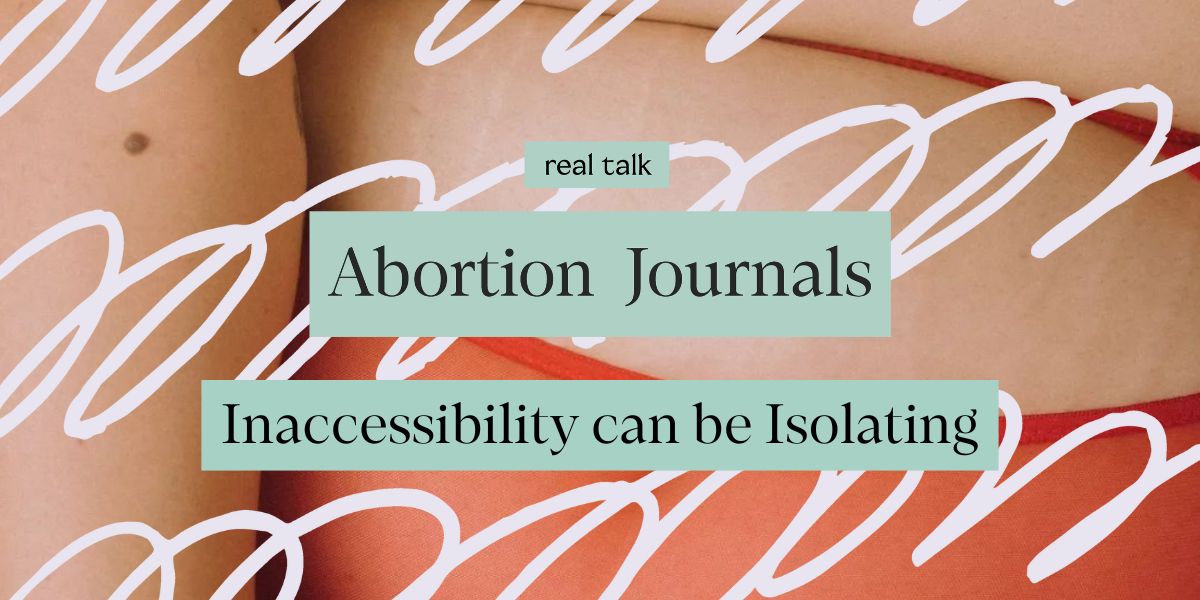What is body neutrality and how can you practice it?

In the age of social media and diet culture, there is a lot of attention placed on physical appearance. Putting physical appearance under a spotlight can lead to putting pressure on yourself and your body to look a certain way, creating a misconception that the way you look has meaning. For a lot of people, body image is a constant battle that isn’t easy to fight. The good news is, a shift in mindset can go a long way in living in and accepting your body. Introducing: body neutrality.
What is body neutrality?
Body neutrality refers to the acceptance of one’s body the way it is and the appreciation of what it does to keep you alive. It encourages you to recognize and focus on your body’s purpose rather than its physical, outside appearance. By taking pressure off yourself to feel a certain way about your physical appearance, you detach any value and importance from the way you look.
The basis of body neutrality is about separating your physical appearance from your self-worth and knowing that your value has nothing to do with the way you look. Body neutrality is all about shifting your mindset to value all the amazing things your body does and detach any of your self-worth to your physical attributes. Everyone’s body is different and the way your hips, legs, and chest are shaped has nothing to do with who you are as a person.
Body neutrality vs. body positivity
The idea behind body positivity is that everyone should love their bodies every day because every body is beautiful. While being confident about your body is a great thing, body positivity makes your body and appearance the focus of the conversation and places unnecessary pressure to have this certain attitude about the way you look.
Realistically, everyone has days when they look in the mirror and don’t like what they see, and that’s okay. The idea behind body positivity is that even on these days, you should love the way you look. Body neutrality, however, allows you to acknowledge these days without letting them affect you or the way you think of yourself. It is about living with and accepting your body just as much on the bad days as you do on the good days.
Practicing body neutrality doesn’t mean making an effort to love your body or feel comfortable in your skin every day, but rather not spending any time or energy having an opinion about the way your body looks. It is a mindset in which you accept your body for what it is and appreciate the way it moves, rests, and keeps you breathing.
How can I practice body neutrality?
Mindfulness is a big aspect of body neutrality. This means being aware of how your body feels and listening to what it needs. Self-talk is a great place to start. Start to think about and acknowledge what your body allows you to do and listen to what makes you feel good and what doesn’t.
Intuitive eating ties into body neutrality by promoting a healthy attitude towards food. The idea behind intuitive eating is that you eat when you’re hungry and stop once you’re full. This means respecting and listening when your body feels hungry, not depriving yourself of certain foods or following any guidelines to eating, and ultimately learning to trust your body. If you want to eat a cookie, eat one! Depriving yourself of or feeling guilty after eating certain things creates a toxic relationship with food. It takes a lot of practice and patience, but there are many resources to help get you started.
Don’t comment on the way others look, even if it is a compliment. Talking about your own or other’s physical appearance feeds the idea that the way we look is important and something that others notice. The same goes for talking to and about yourself. The less you think about and make comments about your own body, the less important it will seem.
Finally listen to your body. Rest days are just as important activity days and the most thing is that you feel healthy. purpose of exercising is to make you feel good physically and mentally, so don’t force yourself to do something active on days you don’t want to. That is just your mind and body telling you they need a break, so listen to them!
Switching your mindset about your body isn’t something that will happen overnight. Be patient with yourself, your mind, and your body as you work to get to know yourself better and know that Stix is always here to support you.
Keep Reading

Navigating birth control and sexual health in a larger body
Apr 23

In My Words: The power of shooting your shot
Apr 18

What's going on with the Arizona abortion ban from 1864?
Apr 11










